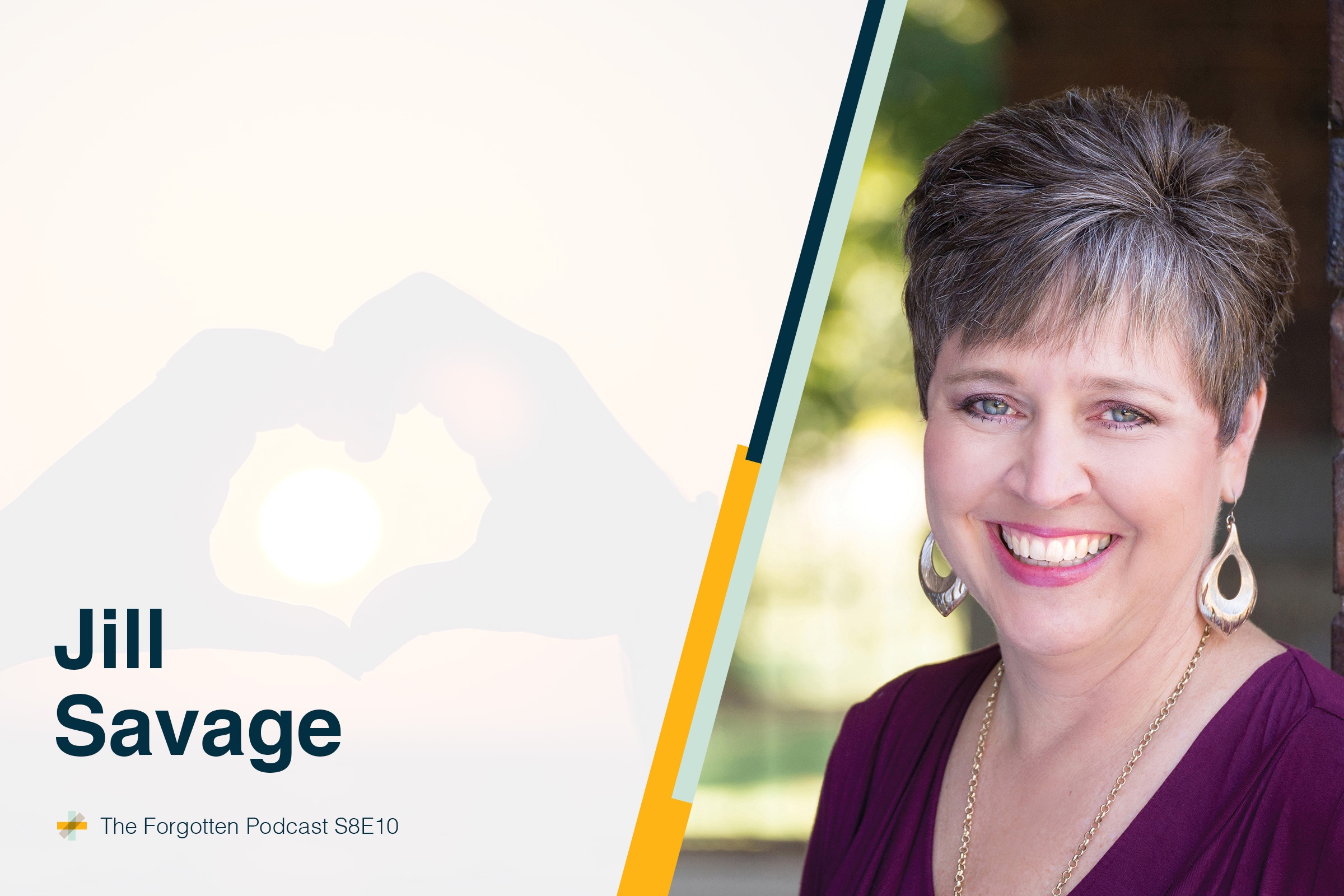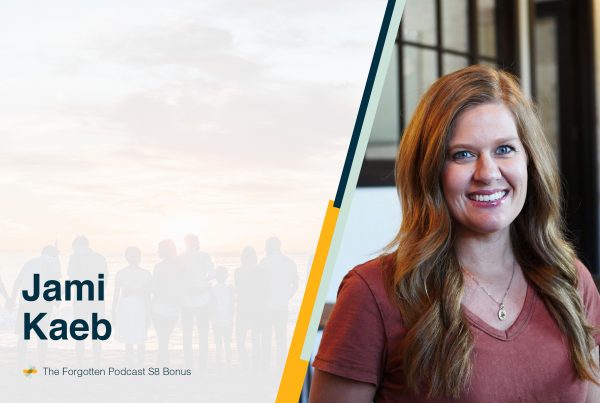
With the demands of parenting, time spent connecting with your spouse can easily be moved to the back-burner. It’s a slow progression of choices and unintended consequences of decisions made. You intend to have that conversation with your husband, but with the caseworker coming over for a home visit today, it gets pushed lower on the priority list. Interruptions bring a change in plans, and suddenly, you haven’t been able to have a date night in months. In our foster parenting journey, and now, raising a big family, I know my time with my husband, Clint, is so valuable. I am so thankful for our time together when it comes every other Tuesday night, but early on, I wasn’t as good at protecting that time on the calendar. I allowed it to be moved, thinking we could make it up at some other time and then another week would pass without an intentional time to connect. I recently talked with Jill Savage about this, and why it’s actually good for our children for us to invest in our marriages.
HERE ARE MY 3 TAKEAWAYS FROM OUR CONVERSATION:
1. Time spent with your spouse is what’s best for your children.
It can feel selfish almost to say to your children, “This is Mommy and Daddy time.” As foster parents, we live in the reality that seasons come and go; we truly don’t know how long our children will be with us. We want to make the most of the moments we are given, and yet, we can fall into the trap of making our lives too much about our kids. Our home shifts from being marriage-centered to child-centered, leaving us in even greater despair when children are no longer in the home. In choosing to connect with your spouse, you model what a healthy marriage looks like and that it takes work. When parents are more connected, the home becomes a safer, more stable place, which is what children need most. Our children may push back, wanting more of our time, but we have to choose our spouse for our children.
“Full focus on the child is not the only way you can benefit their life.”
2. You can’t assume time spent with your spouse will happen naturally.
Intentionality is key in marriage, and I’d argue, in most things we do. I loved it when Jill said, “Marriage is like a boat. If you are not rowing, you are drifting.” We have to intentionally paddle. Appointments and activities will fill your calendar. Demands on your time will come effortlessly. Time with your spouse will not be scheduled by anyone other than you and your spouse. Relationships have to be nurtured and cared for regularly. So, trade nights with another family—take their kids one night a week and you take theirs—and put time on the calendar to date your spouse.
Three types of dates to schedule: Daily, Weekly, and an Annual Getaway.
- Daily: Send texts or gifs, make each other laugh, write a note on the mirror, hug
- Weekly: Choose a few hours where you can have undistracted time together. Decide on the cut off time where you will no longer talk about the kids—even if you don’t have a solution settled upon. Check-in on one another, asking, “When do you feel most connected to me?” and “What can I do this week that’s going to mean something to you?”
- Annual Getaway: Plan a trip for just you and your spouse to be alone for at the very least 24 hours
“No one is going to set an appointment for connecting as a couple. You have to set that appointment.”
3. Our response to conflict within marriage allows for or tears down connection.
Conflict within marriage is normal; our response to it is what matters most. To say that you don’t have any conflict could be a sign that you tend to sweep it under the rug where there is no real resolution. Recognize when it happens and then attack it without attacking one another. When we feel attacked, we grow defensiveness. Jill offered a helpful exercise in repeating back what was just said in the midst of feeling defensive in a way that communicates I hear you—Am I hearing you correctly? We have to aim towards dialogue, not debate, and we tend to go louder when we aren’t feeling heard. After listening and responding to one another, offer full apologies. It’s not enough to simply say: I’m sorry. Ask for forgiveness. When we do this, we allow for closure. Conflict brings a need for repair, and forgiveness allows for that. Conflict is not inherently bad. If it’s addressed in a healthy way, it can lead to greater connection.
“Conflict is growth trying to happen.”
RESOURCES FROM TODAY’S SHOW
Connect with Jill:
Facebook
Instagram
Pinterest
Twitter
More from Jill: www.JillSavage.org
Sign up for the Flirt Alert!

Meet Our Guest
Get encouragement and updates in your inbox.
Be the first to know about new episodes, posts, resources, and stay in the loop about what’s coming up.
Other Episodes You Might Enjoy:









